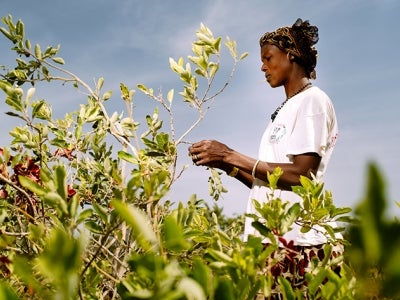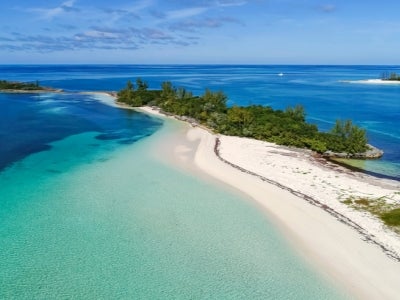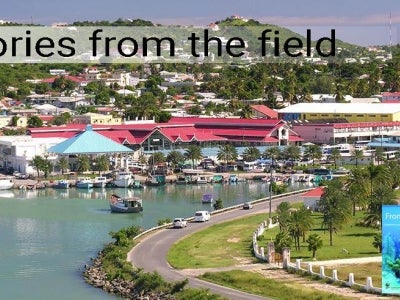
fishing_Bahamas_3.jpg_-HB_5.png
Abaco Island and Cays, Bahamas
 image003.png
image003.png
December 7, 2012
The GEF Small Grants Programme (SGP), implemented by UNDP, substantially promotes marine biodiversity conservation in the Caribbean. A successful example is the GEF SGP supported project ‘Conserving Abaco’s Lobster populations by training fishermen in sustainable fishing practices with a grant of US$ 34,579, US$ 37,832 in cash and US$ 14,750 of in kind co-financing raised by the grantee NGO ‘Friends of the Environment’ (‘Friends’) from organizations such as RARE, WWF-US, the Bahamas Marine Exporters Association and the North Abaco Fishing Cooperative.
fishing%20Bahamas%201.jpg

fishing%20Bahamas%202.jpg

fishing%20Bahamas%203.jpg.png

fishing%20Bahamas%204.jpg.png
Finally, project activities are used as performance indicators in the pre-assessment of the Bahamas lobster fishery for the Marine Stewardship Council (MSC) core principles, which are required for any fishery to receive certification by that body. Currently, the Bahamas is engaged in a national Fishery Improvement Project (FIP) in order for the Bahamian lobster fishery to successfully receive the MSC certification. The MSC promotes sustainable fishing practices, good governance, and improved data collection and management. Certification by the MSC would indicate a healthy fishery that can be easily recognized by lobster buyers.
Background for editors
About the GEF
The GEF unites 182 countries in partnership with international institutions, civil society organizations (CSOs), and the private sector to address global environmental issues while supporting national sustainable development initiatives. Today the GEF is the largest public funder of projects to improve the global environment. An independently operating financial organization, the GEF provides grants for projects related to biodiversity, climate change, international waters, land degradation, the ozone layer, and persistent organic pollutants.
Since 1991, GEF has achieved a strong track record with developing countries and countries with economies in transition, providing $10 billion in grants and leveraging $47 billion in co-financing for over 2,800 projects in over 168 countries. For more information, visit www.thegef.org.
About the GEF Small Grants Programme
Launched in 1992, GEF SGP supports activities of nongovernmental and community-based organizations in developing countries towards climate change abatement, conservation of biodiversity, protection of international waters, reduction of the impact of persistent organic pollutants and prevention of land degradation while generating sustainable livelihoods.
Since its creation, GEF SGP has provided over 14,500 grants to communities in over 125 developing countries. Funded by the Global Environment Facility (GEF) as a corporate programme, GEF SGP is implemented by the United Nations Development Programme (UNDP) on behalf of the GEF partnership, and is executed by the United Nations Office for Project Services (UNOPS).
Media contacts:
- Tamara Tschentscher, KM and Communications Consultant, GEF SGP,
tamara.tschentscher@undp.org, 646-781-4353 - John Diamond, Senior Communication Officer& Spokesperson
Global Environment Facility
jdiamond@TheGEF.org, (202) 458-7953
www.TheGEF.org


